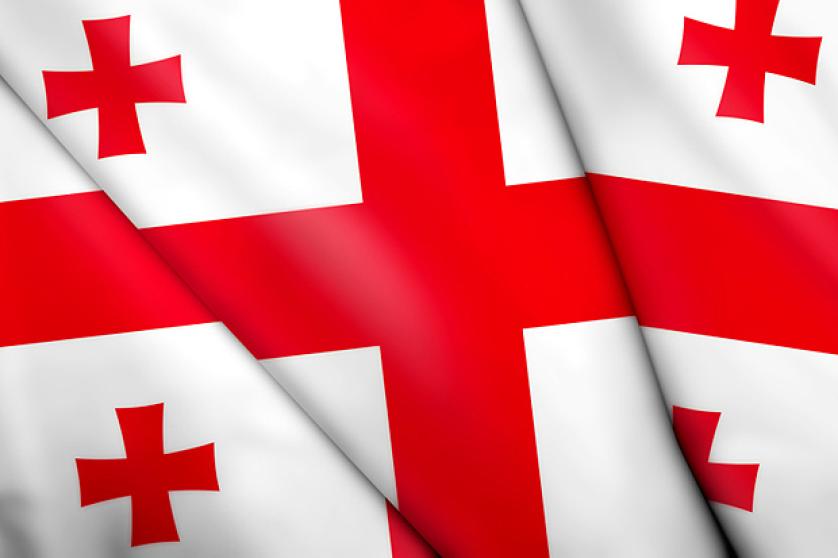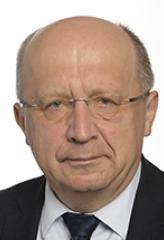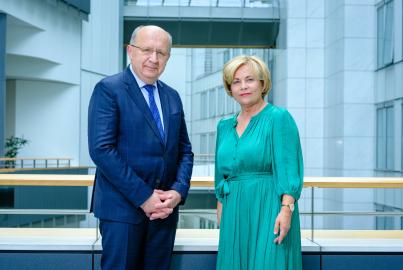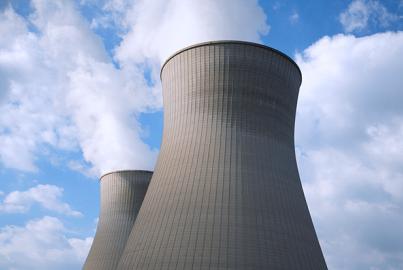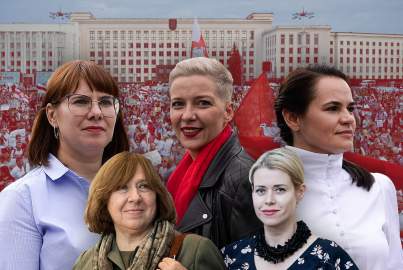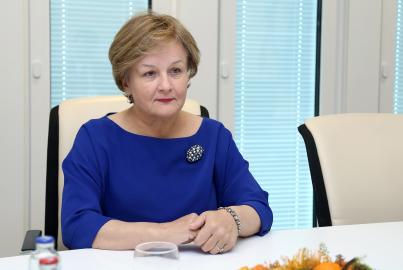On the EU assistance for Georgia to mitigate the effects of COVID-19 crisis, protect democracy and continue reforms necessary to sustain the economic recovery
Other related content
Read more
Read more
Read more
Read more
Read more
Read more
6 / 50
